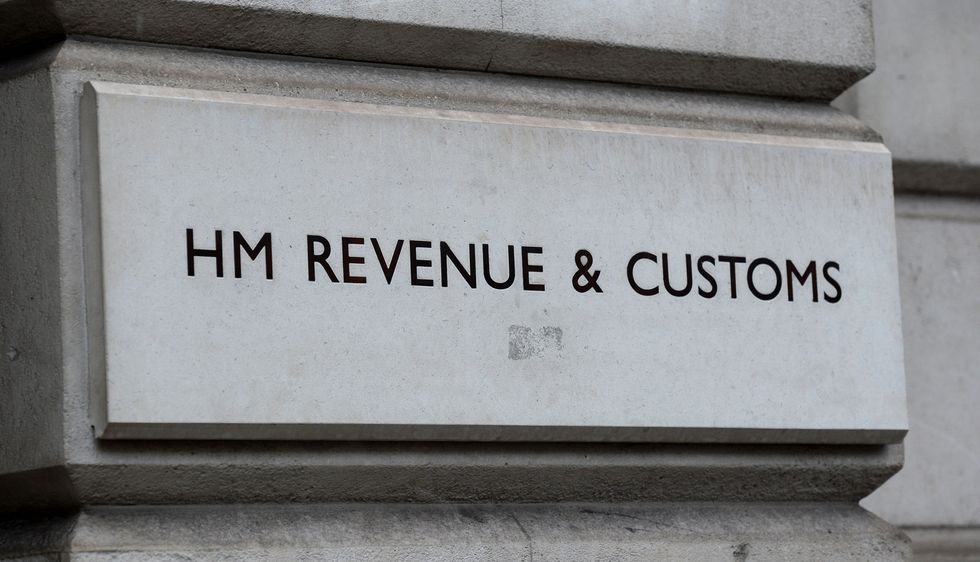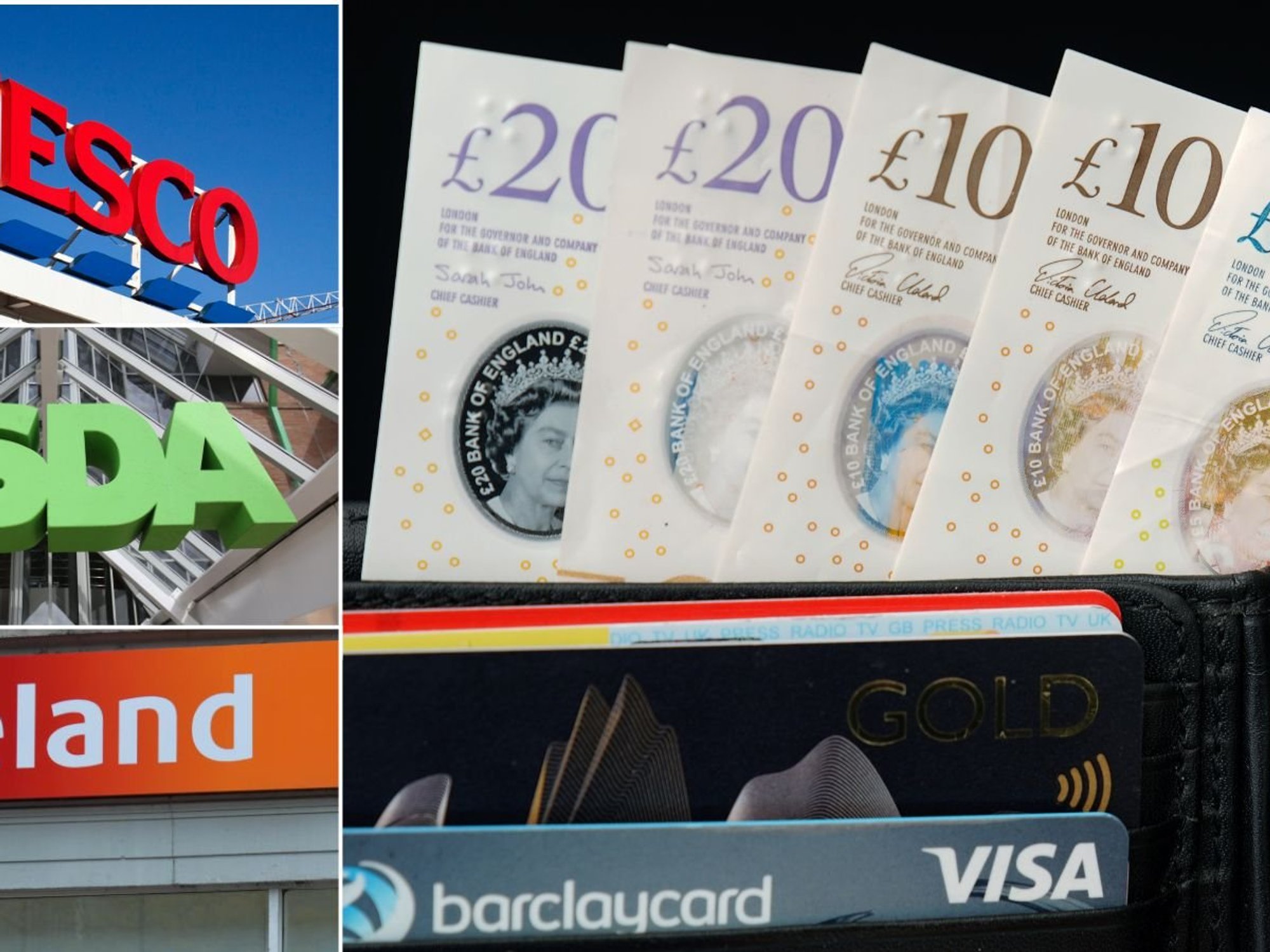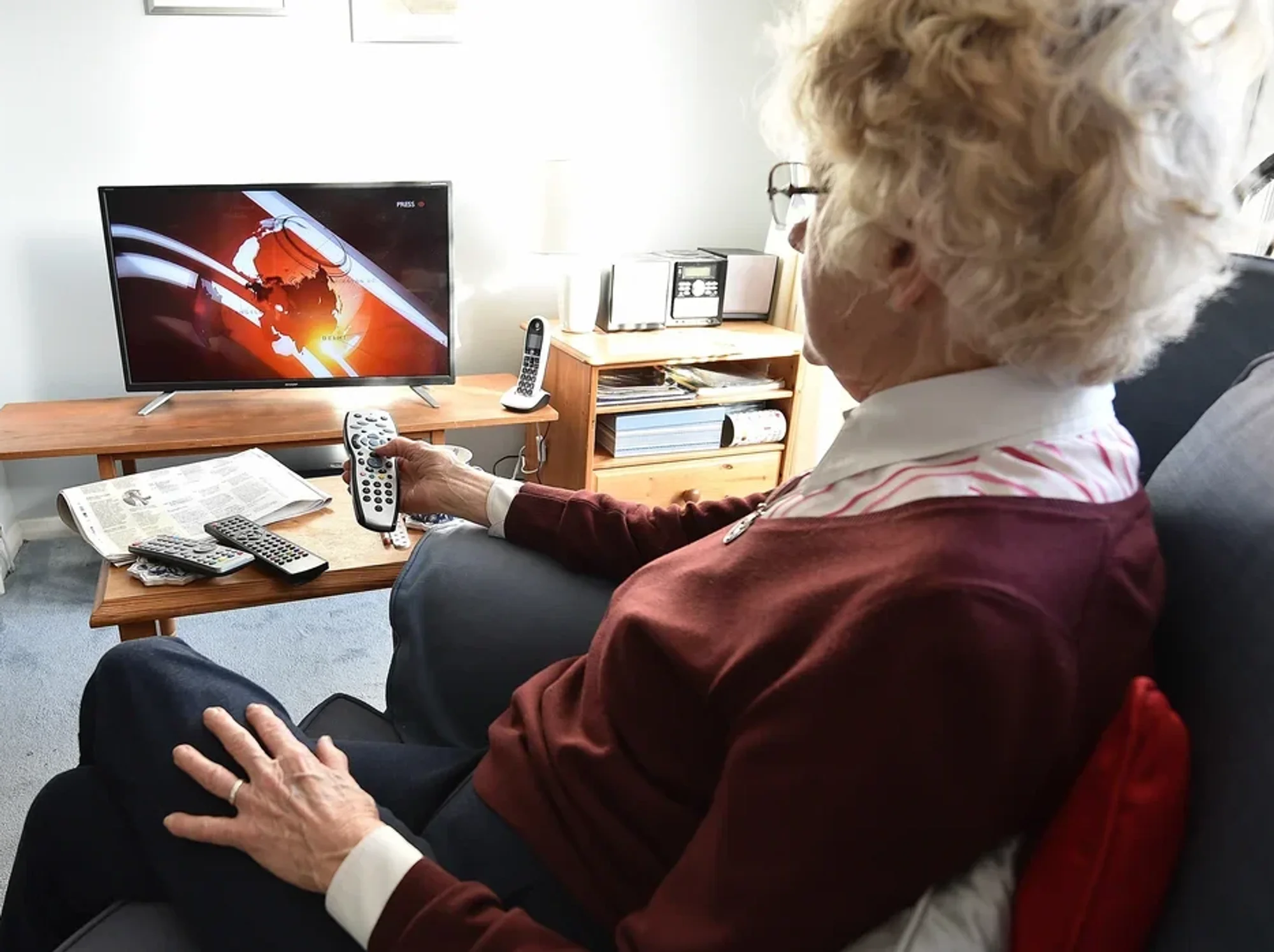Inheritance tax can be slashed by thousands of pounds – ‘most people not taking advantage’

Inheritance tax can be reduced in a number of ways
|PEXELS

The inheritance tax rate is currently 40 per cent but there is a way people can pay a reduced rate.
Don't Miss
Most Read
Britons could cut their inheritance tax (IHT) bills by thousands of pounds and support good causes at the same time but just a fraction of people who could benefit are planning to do so, research shows.
If an individual leaves 10 per cent or more of the value of their estate to charity, the inheritance tax rate is slashed from 40 per cent to 36 per cent.
Just one in four people are planning to take advantage of this tax planning strategy, according to wealth management firm Saltus.
Gianpaolo Mantini, chartered financial planner and partner at the firm told GB News: “That four per cent can make a huge difference.

Chartered financial planner Gianpaolo Mantini spoke about the inheritance tax rule
|SALTUS
“For example, if an individual dies leaving a net estate (i.e. after debts and any exemptions) of £1million, the inheritance tax payable on the estate is £400,000, which leaves £600,000 after tax.
“But, if the individual left 10 per cent of their estate to charity – in this case, that would be £100,000 - the amount on which IHT is payable is reduced to £900,000, while the rate of IHT is reduced to 36 per cent, meaning the amount payable is £324,000 – a reduction of £76,000.
“The gift to charity is £100,000 but it has only cost the estate £24,000.”
It’s recommended people seek expert advice for their individual circumstances when inheritance tax planning.
Mr Mantini continued: “Leaving money to charity in a will is a very private aspiration, and often people just don’t think about it.
“But when you start inheritance tax mitigation planning with a client, you often find they have monthly standing orders going to certain charities, or that they are volunteering at a food bank or doing things in their personal time to give back to the community.
“Once you know this, it’s then a natural progression to say, ‘Have you considered amending your will to support those good causes that you already give your time to and in which you’re emotionally invested?'"
Just one in four high net worth individuals have set up a charity donation in their will, according to the Saltus Wealth Index.
LATEST DEVELOPMENTS:

The current standard inheritance tax rate is 40 per cent
|PA Media
Mr Mantini suggested this is often because people haven’t changed their wills for 10 or 15 years and are unaware of the rule.
He added: “However, when you explain that this money is currently going to the taxman, but that this small change would see it go to good causes instead, more often than not the answer is, ‘Yes, of course, why wouldn’t I?’"
There is normally no inheritance tax to pay if the value of the estate is below the £325,000 threshold.
If a person leaves everything above this threshold to their spouse, civil partner, a charity or a community amateur sports club, there’s usually no inheritance tax to pay.
It is possible to increase the threshold – people who give away their home to their children can increase the threshold to £500,000.
If a person is married or in a civil partnership and their estate is worth less than their threshold, when they die, any unused threshold can be added to their partner’s threshold.










